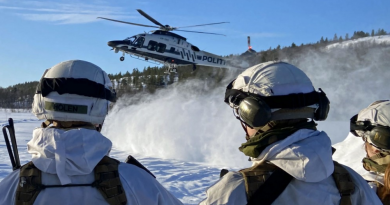Canada’s Nunavut territory projects small deficit in $2.2B budget
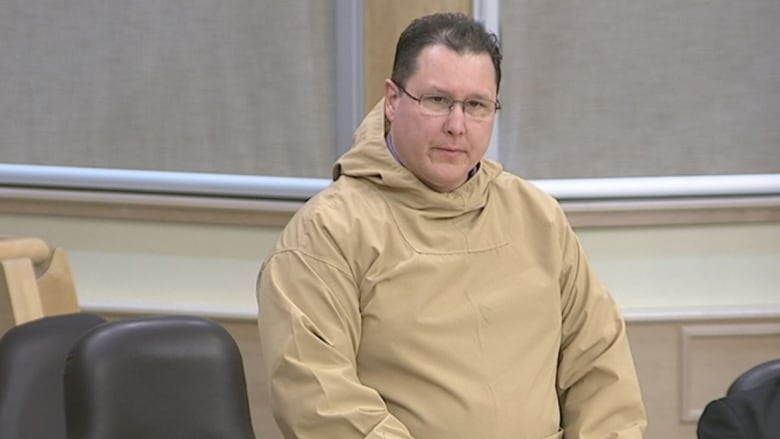
As Nunavut (east-Arctic Canada) heads towards its 20th birthday, the territory’s budget is putting a lot of small chunks of money towards planning new projects.
The operations and maintenance budget was announced on Wednesday.
The territory is projecting $2.2 billion in spending in the 2019-2020 fiscal year — about 4 per cent less than last year, with a slightly smaller projected deficit of $12 million.
This brings the territory’s overall debt to $432 million. The federal government only allows Nunavut to be $650 million in debt, and this is as close as the territory has come to that ceiling, according to deputy minister of finance Jeff Chown.
However, Finance Minister George Hickes says the debt should begin to decrease starting next year, because it’s done putting money into the city of Iqaluit’s airport.
The airport makes up $156 million of the $432 million debt, and now that it’s up and running, Chown says money is going toward paying it off. The largest portion of the debt is Qulliq Energy Corporation’s power infrastructure, which accounts for $185 million.
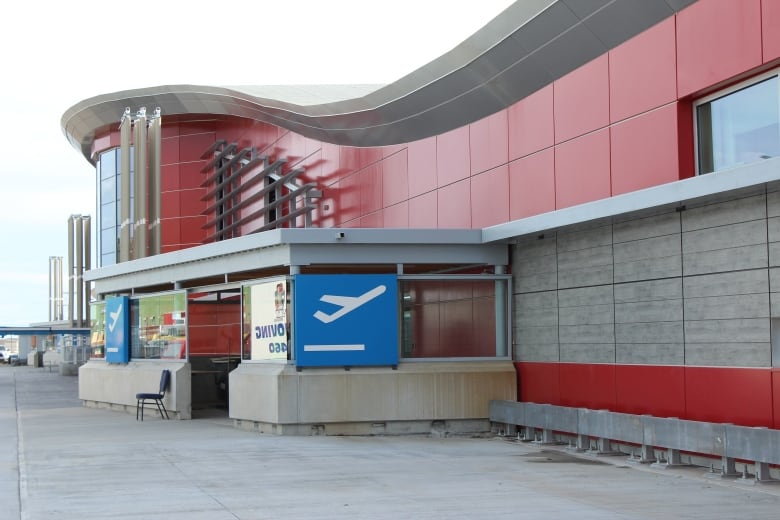
Treatment facility in territory
The largest amount of money highlighted by the government is $4.6 million that will go toward addictions and trauma treatment.
That will pay for the creation of a position which will plan for a physical addictions treatment facility in the territory — what that will look like and how much it will cost will be, in part, determined by the person hired.
Most of the money will go toward developing land camps for mental health treatment, which will happen this year, with the idea that future budgets will fund the training of Inuit counsellors.
In his budget speech Minister Hickes said Nunavut will spend more than $90 million on medical travel — nearly all of that cost goes directly to paying for air travel, according to the Department of Health.
Nearly $3 million is allocated to expand the program to allow more mothers to bring their babies with them when they travel — and for pregnant women to bring someone with them when they travel to give birth.
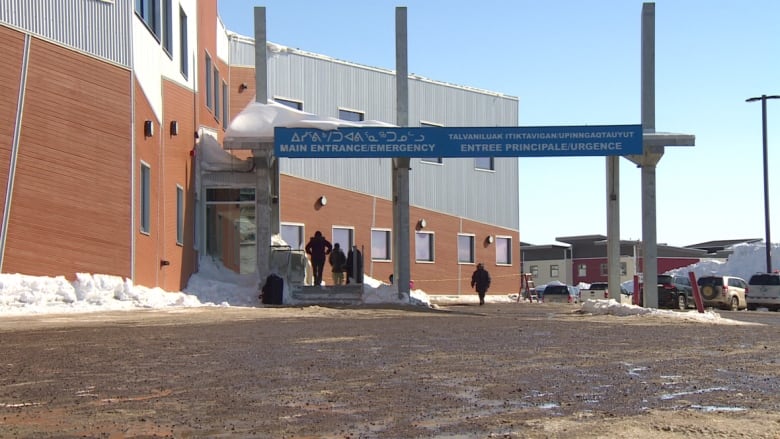
Bert VanderPerk, director of finance with the Department of Health, says Nunavut will always rely in part on medical travel to services down south, but there is an effort to provide more closer to home.
The Qikiqtani General Hospital has been allocated $600,000 to look at how a pediatric unit might work in Iqaluit, the territorial capital.
About the same amount of money has been allocated to make temporary health positions dedicated to tuberculosis care more permanent.
Plans for transitional housing
Hickes wore brand-new work boots, in a nod to his father, who is a former speaker of the Manitoba Legislature, and in keeping with tradition of a new pair of shoes for finance ministers on budget day.
This is Hickes’s first budget and he told reporters the new Department of Human Resources, which comes back into existence on April 1, will help government employees navigate the new roles that will come with the planned projects.
He said he’s pleased to be supporting Nunavut’s most vulnerable — the budget allocates $2 million to improve programming at emergency shelters and plan for transitional housing.
Nunavut currently has no housing with support services to help people get back on their feet.
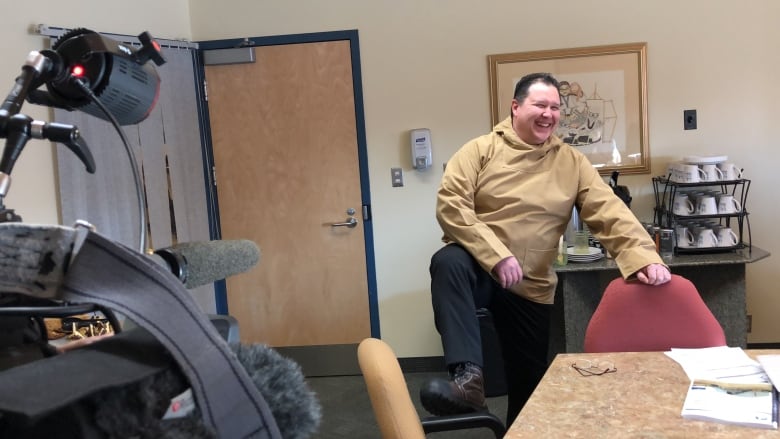
“The [shelters] we have now are meant for emergencies and other short-term stays, but they are filling up with people who stay for a long time,” Hickes said in his speech.
The money will create a transitional housing co-ordinator position to make a plan, as Nunavut has unique challenges, including a housing shortage, to work around.
The Uquutaq Society, which runs Iqaluit’s men’s shelter, has plans to expand into offering transitional housing, so the government plans to focus on housing for women.
Other budget highlights include:
- $2.8 million to upgrade RCMP housing across Nunavut
- $328,000 for an RCMP containment team — five people in each regional hub
- $1 million to fund four positions to keep up with document translation
- $1.6 million to support Team Nunavut at the 2020 Arctic Winter Games.
Nunavut’s fifth Legislative Assembly has consistently said that elder care is a priority, but in its second budget, gives no new money to keeping elders in the territory.
Last year, when David Akeeagok was finance minister, it allocated less than a million dollars to the three existing facilities in the territory. This year the government will spend $4.3 million to keep the status quo of out-of-territory elder care.
Related stories from around the North:
Canada: Small deficit projected in Northwest Territories budget, CBC News
Finland: Budget cuts threaten international Sámi language cooperation, Yle News
Russia: Regional government in northwestern Russia slashes budget by 5%, The Independent Barents Observer
Sweden: Swedish PM Stefan Löfven unveils new cabinet, Radio Sweden
United States: Alaska budget: senator Murkowski cool to governor Dunleavy’s proposed cuts, Alaska Public Media


